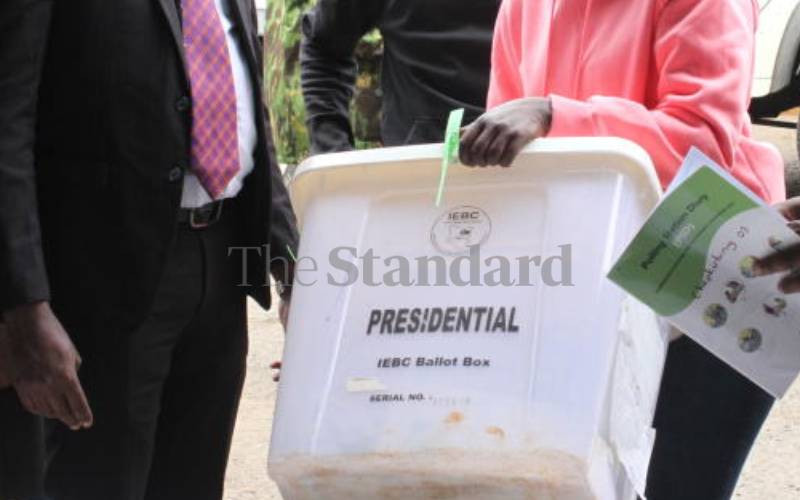
Kenya must explore nonviolent approaches to post-election presidential grievances to augment the judicial approach of the Supreme Court of Kenya (SCOK).
Thirteen years after promulgation of the Constitution, we are sliding back to violent methods of dealing with post-election grievances vended as anti-government protests in which lives and property are destroyed. The experiences of the 2007 post-election violence forced Kenya to unite political forces and craft a law that would ensure inclusivity, expanded rights and freedoms, as well as a panacea for post-election skirmishes.